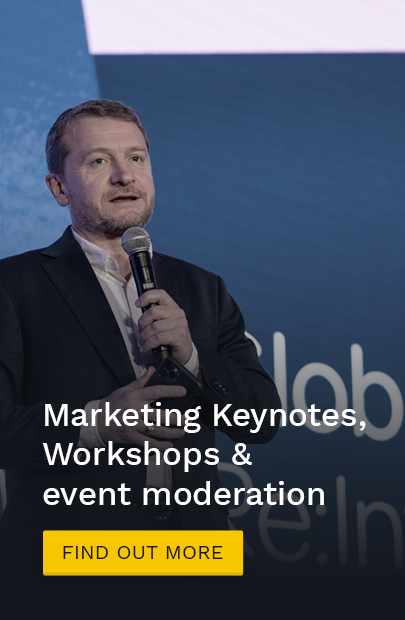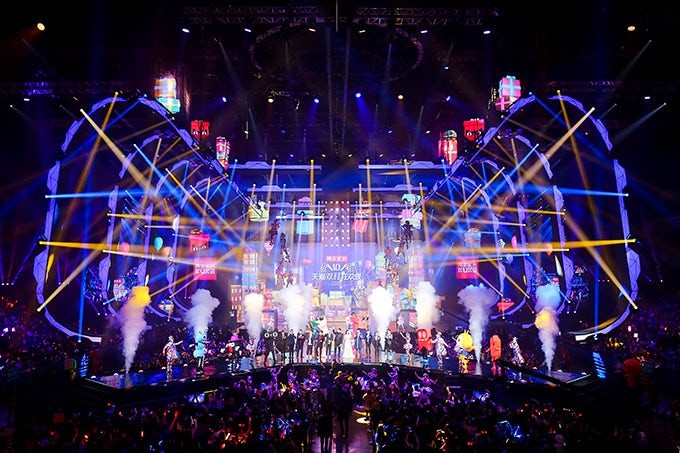I remember reading an article last year by McKinsey Quarterly determined that internet use world-wide can be valued at approximately €150 billion.
If that number shocks you, their next conclusion may be even more surprising – 2/3rds of that represents free value for consumers. That’s €100 billion in free video, social networks, articles, email access… everything.
That value was derived at by asking consumers how much they would pay to do certain things online, and how much they would pay to avoid having their experience interrupted by advertising.
Imagine – Its 2pm and you’re hit with mid-afternoon fatigue. In a bid to stay awake, you open your latest email from your mum and it’s a link to a ferociously cute YouTube video of a kitten wrestling with a paper bag. How much would you pay to watch it? 1p? 20p? 15 seconds of your time watching a tedious advertisement for a product you’re not interested in? What if you had to monetise all your online communications that way?
ISPs, computer vendors, phone dealers, and subscription services like iTunes and World of Warcraft all take a share of this revenue, but the vast majority of it remains unmonetised.
The only proven method to date for monetising the internet has been indirectly through advertising – pay per click and banner ads – the costs of which are passed along to the consumer in the price they pay for the their final product. And yet, despite the €100 billion up for grabs, even now online advertising generally remains polite and unobtrusive. Search for “best price iPhone” in Google and you’ll be presented with a bevy of ads, but the paid ads are simple, easy to read, and only lightly differentiated from natural search results. Pay per click ads still represent a polite sales agent clearing his throat and saying “Pardon me, but perhaps I could interest you in this product?” instead of a guerrilla marketing agent throwing a flyer in your face and screaming “You must buy this product now!”
Somewhere between these two lies a way to monetize the Internet without completely turning off the average consumer. We just need to wait and see who discovers it first.




